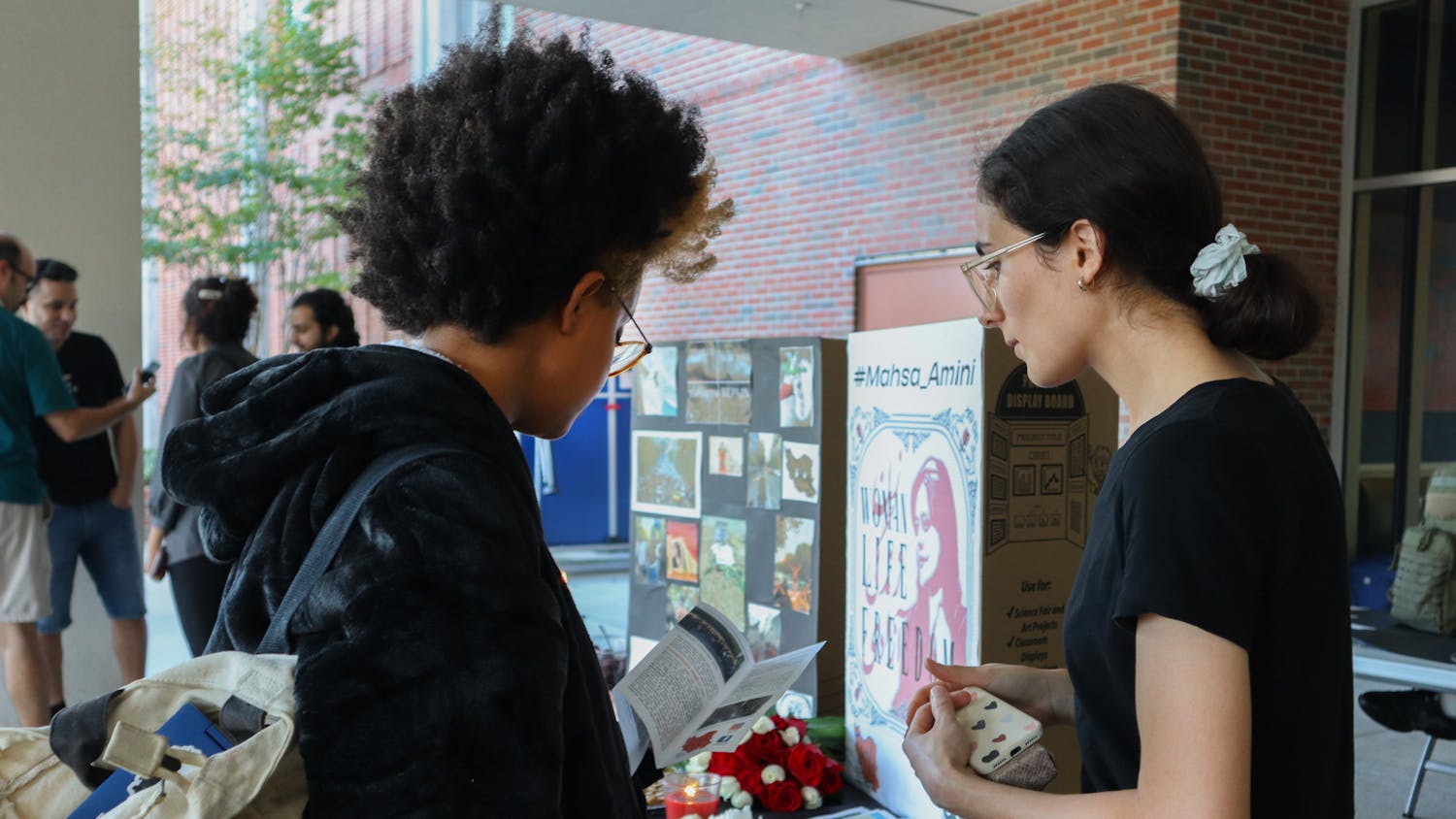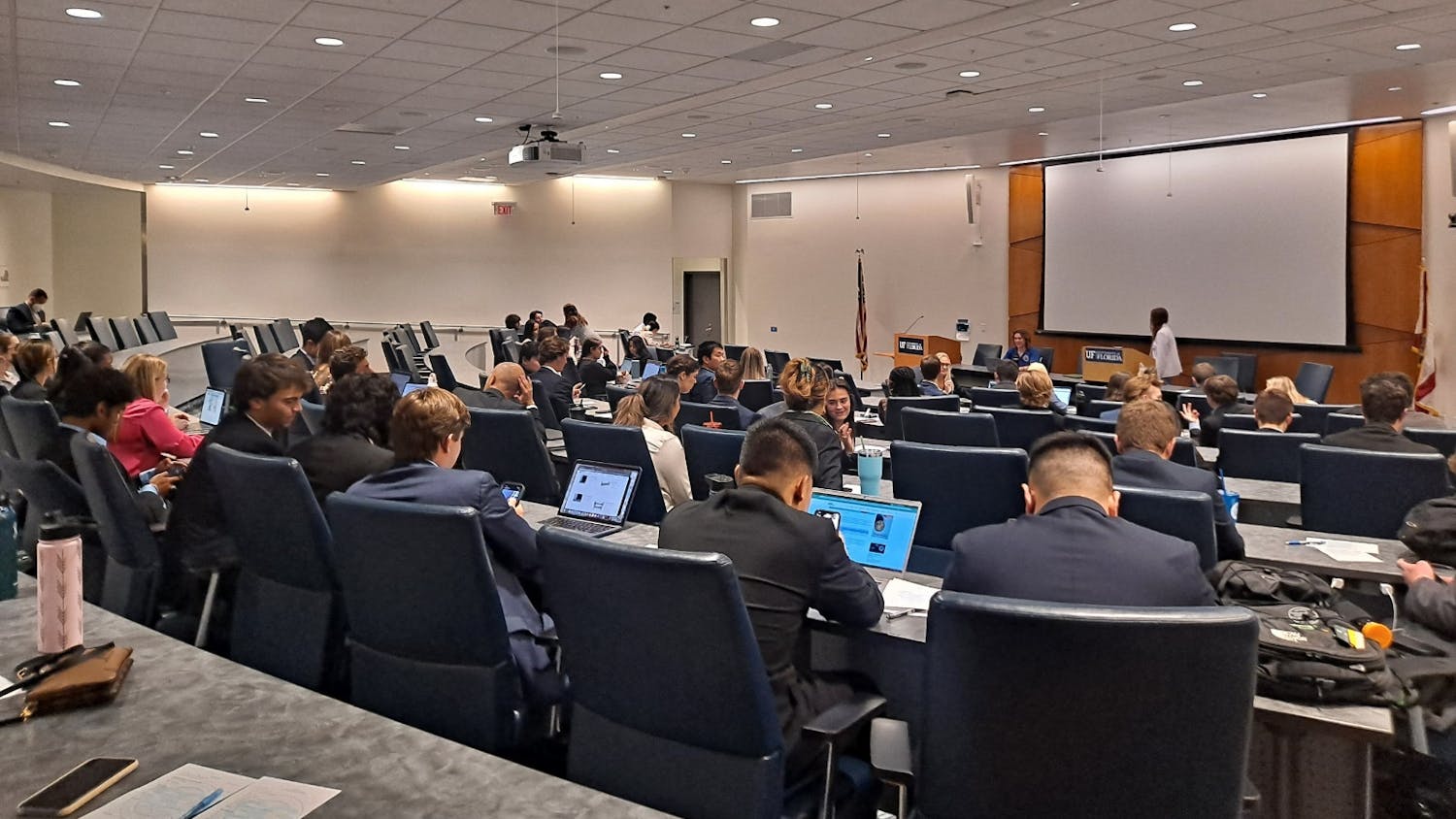Even after the successful nuclear deal, the U.S. relationship with Iran is still contentious. The leader of Iran still often leans on nationalistic and religious extremes in order to keep his control of the country. Meanwhile, the Western media focuses much of its coverage on controversial issues, such as the chants of “death to America,” the capture and eventual return of U.S. Navy officers after their boat broke down in Iranian waters and Iran’s continued missile testing. But the one thing Western media has been hesitant, or unwilling, to discuss is the set of elections that occurred in early March.
Nobody is saying Iran is a full-fledged democracy, but it would also be foolish to say Iran doesn’t have the trappings of democracy. Although it is true the Guardians’ Council, an unelected government body, has mechanisms in place to disqualify candidates solely on their political beliefs, there is also a mechanism for those disqualified candidates to draft official complaints. The fact there are elections at all in a theocracy led by such an extremist leader is remarkable in itself.
The interesting thing about this election is moderate candidates have successfully won and created a majority in the Majlis — Iran’s equivalent of a parliament — and Assembly of Experts — the elected body tasked with choosing the next Ayatollah of Iran. That’s right, an elected body could name Iran’s next dictator, and this does not seem to be a too far off prospect since the current Ayatollah Ali Khamenei is 76 years old. His current health, or lack thereof, is not accessible to public records.
While there are really no formal political parties in Iran, and defining what it means to be moderate is difficult, these semi-democratic structures demonstrate how Iran is willing to open up and become further integrated into the international community. The sanctioning done before the nuclear agreement by the international community has shown Iranians the conservative faction in the country will not be good for Iran’s future. The nuclear deal, which was secured by moderates, has allowed for an opening in Iran to the global economy at large once again.
For all the flak and opposition from American conservatives against the Iran nuclear deal, I think it is not unfair to say President Obama deserves some credit in swaying the Iranian elections. This is a president who has unapologetically made it his strategy to de-escalate outdated, Cold War-era tensions between the U.S. and countries like Iran.
Much to the chagrin of Obama’s conservative opposition, the plan to make peace with your enemies and not just your friends is not a new strategy, but one the U.S. has now begun to take seriously — the best example being Obama’s trip to Cuba over the past week and the continued openness between these two countries.
The U.S. relationship with Iran is obviously more fragile and dangerous than that with Cuba, but one cannot make peace with a clenched fist. The war-hawk-ish rhetoric coming from Iran does not have to be met with the same hawkish elements here in the U.S. — certainly not if we really want to secure a lasting peace process with Iran.
Kevin Foster is a UF political science senior. His column appears on Thursdays.





